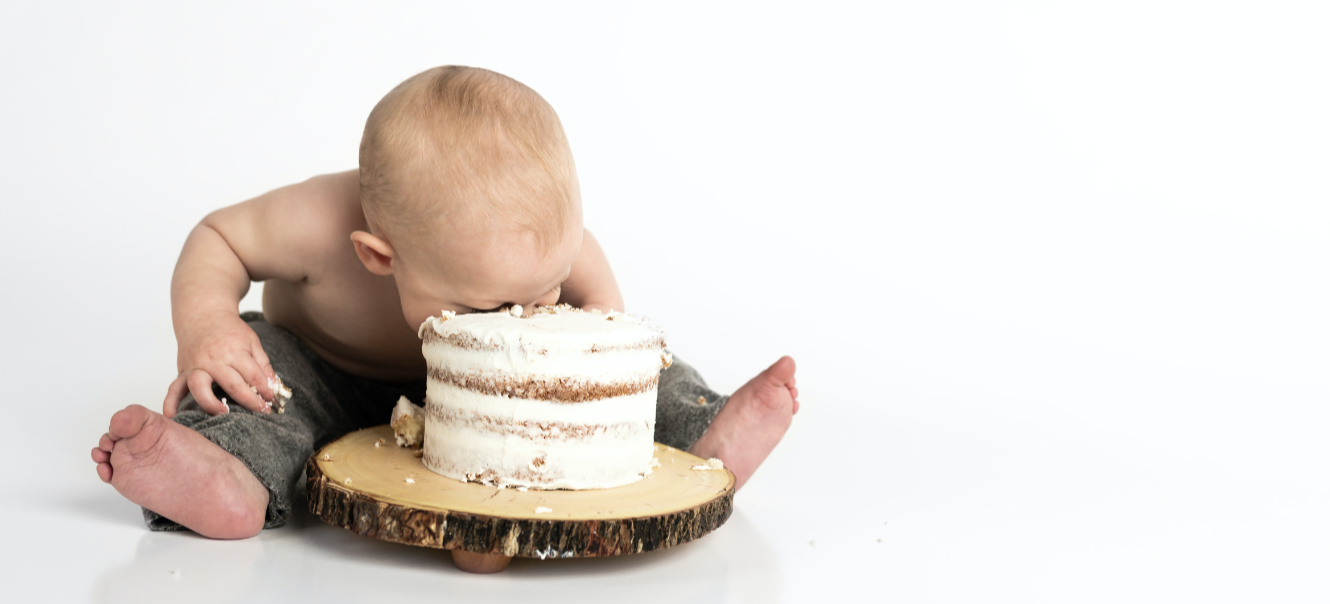“Part of good etiquette is being blind to others’ lack of knowledge of so-called correct etiquette. Parents tend not to be at all well-mannered with their children. Having special dinners might give us some good practice ourselves. ;-)”
– Sarah Fitz-Claridge
“How do you teach table manners?”
First, bear in mind that the idea of table manners is not actually the revealed truth, it is just a set of memes in our culture. It may be that British culture (or at least parts of British culture) are a bit over-obsessed about etiquette in general and table manners in particular. Might it not be worth thinking very carefully before saddling your children with the anguish you yourself feel when dining with someone who talks with her mouth open while eating, and the like?
Secondly, do table manners really apply if we are just eating take-away fish and chips or a bowl of salad in the garden? How many people even have the special dinners at which table manners might be all part of the fun?
I personally like making dinner a special family occasion, with beautifully-presented, delicious, mainly-healthy food, candles, flowers, and warm conversation, sometimes with guests. And I like to serve delicious morsels of dessert in tiny heart-shaped dishes rather than great big portions or not having it at all. N.B.: I do not do this in order to teach anyone manners or anything else, and doing it for that reason would undoubtedly make everyone hate it! I do it because it is fun and we all enjoy it! I merely mention this because I cannot quite think of other circumstances in which anyone would care even in principle about table manners. If you are just shoving food in front of them and not behaving impeccably yourself, they will learn from your actions rather than your instructions about table manners. Part of good etiquette is being blind to others’ lack of knowledge of so-called correct etiquette. Parents tend not to be at all well-mannered with their children. Having special dinners might give us some good practice ourselves. 
When I was a child, formal family dinners were very enjoyable affairs, and I loved polishing the silverware until it gleamed, picking flowers from the garden for the table, lighting the candles, and dressing for dinner. It was when my family members were sitting around the dinner table that we had the most enjoyable conversations together and no one was stressing out about stuff. (If family dinners were miserable for you in your childhood, this might not be an appealing idea to you! In which case, it is not for you—unless you like the idea of replacing bad memories with good ones!)
What if one of the children is too busy playing videogames to come when I ring the dinner bell? (Yes I really do have an old brass dinner bell, bought for next to nothing from a charity shop. It has such a beautiful ring!) That is absolutely fine. There is nothing compulsory about these delightful formal dinners. If someone tried to guilt-trip you into stopping what you were doing to come to the dinner table, how would you yourself feel? I would feel a bit annoyed and probably not want to go to dinner at all. Why turn what can be such a lovely cosy family time into something so unpleasant?!
In case you are wondering, if one of the children does not come to dinner, of course we will set aside a lovely plate of food for that person for when they are ready to eat it, just as we ourselves would hope would be done for us were we the one needing to get some work finished instead of coming to dinner with everyone else.
What if a child wants something else instead of the delicious food prepared? Again, that is absolutely fine. The delicious dinner food is never compulsory for a child, any more than it would be for a visiting adult! (Which reminds me of the time a visitor had not mentioned being vegetarian, and two out of my three courses were not vegetarian, and I quickly whipped up vegetarian dishes for her. Ever since then I make a point of asking about dietary issues, likes and dislikes, and in addition having some further dishes at the ready just in case a guest forgot to mention that he can’t bear smoked salmon or whatever I happen to be serving.)
“Surely table manners are important if we are having formal dinners?”
Indeed, I think it is terrific if the parents want to be well-mannered and speak respectfully to their children at the table.
Oh, you mean the children? Chill! Let them be. They will learn from your impeccable manners—which, as I indicated, includes you not noticing when someone seems unaware of correct etiquette! Would you tell a guest to remove his elbows from the table and stop talking with his mouth full? Of course not! That would be very bad manners!
There might come a day when a child is going to dinner elsewhere and they might appreciate a quick bit of information about what other people will expect. In the meantime, be well-mannered yourself by not rudely pointing out their lack of approved table etiquette. If it would be bad manners to say it to a guest, it is highly likely to be bad manners to say it to your child.
See also:
- Cleaning the house for visitors
- Never make a child feel bad
- Ideas for parent whose toddler does not want to go to sleep
Sarah Fitz-Claridge, 2022, ‘“How do you teach table manners?”’, https://takingchildrenseriously.com/how-do-you-teach-table-manners/


Family togetherness for the win! My kids are surprisingly well behaved when we visit their grandparents for Sunday lunch at the table. We don’t have a big table at home to eat at.